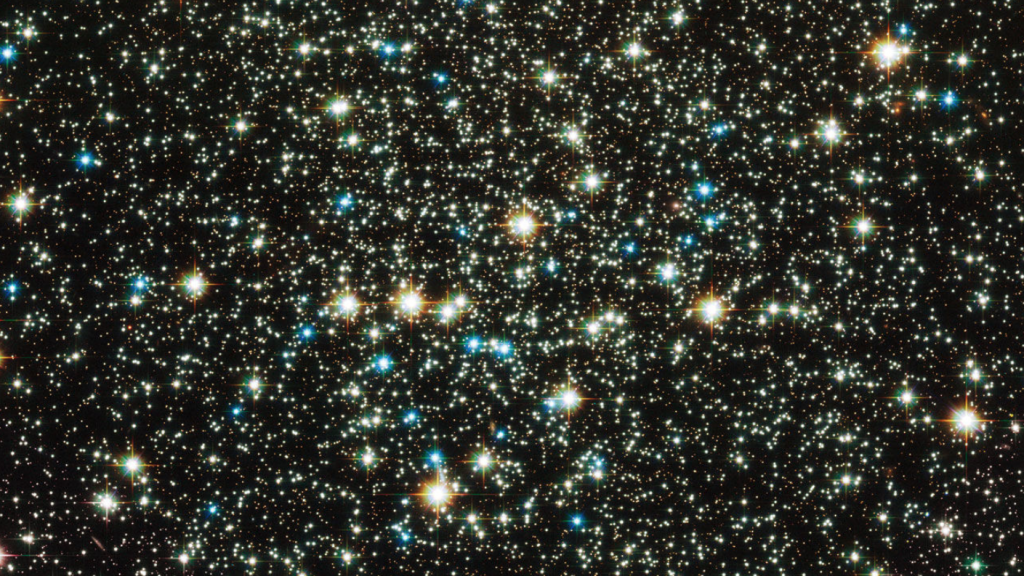
What types of gods do people believe in? This is the first of a series of short posts about whether gods exist and why the question is an important one.
Over the centuries, people have believed in thousands of different gods and origin myths.
These range from ancient cosmic eggs to the African Orishas, Incan Viracocha, Native American Wakan Tanka, Chinese Pangu, Aboriginal Dreamtime, Babylonian Anu, Indian Brahman, Egyptian Ra, Jewish Yahweh, Greek Zeus, Roman Saturn, Christian Jesus, Norse Odin, Muslim Allah, and the Mormon god who appeared in Joseph Smith’s hat.
In the western world today, most people believe in broadly two types of gods.
Deists typically believe in an abstract god that created the universe and keeps it existing and functioning, but that doesn’t intervene in the working of the universe. Believing or not in this type of god makes no practical difference to our day-to-day lives.
Theists typically believe in a personal god who created the universe, sometimes intervenes by performing miracles, cares about us as humans on planet Earth, tells us what is right and wrong and how to live our lives, and will reward and punish us for eternity after we die.
The most prominent of these Western ideas of theistic gods are the Jewish Yahweh, the Christian God, and the Islamic Allah. All of these ideas evolved from previous ideas of gods.
For these theistic ideas of gods, the question ‘does God exist?’ is not merely a technical claim about how the universe came to be. It is also a claim about having the moral authority to tell people how to live their lives.
That puts a strong responsibility, and a strong onus of proof, on those making the claim. I’ll examine those claims of proof in future posts.
Like this article? It is one of a series on this topic.
Click here to read the other articles in this series.
Naturally the theistic point of view is far more dangerous than the deistic one as the former emboldens people to force their god’s rules onto others. Far too often we hear the fatuous babble of we must obey “god’s law” , “god’s words” , “god’s commands” etc. It’s actually sad that so called intelligent people can spout this stuff and then expect others to simply roll over and have their bellies tickled.
No rational proof is offered for their god’s existence, no rational proof is offered for how they know what their god commands (including about sexual positions), no rational proof is offered why their god is better than someone else’s god and no rational proof is offered why I, or anybody else, should suspend my brain and automatically enslave myself to anybody or anything.
We are just another species of animal.
Why should we believe that the universe was created just for us. The world would be a much better place without all that nonsense. We only get one life.
That’s the key point, Chris. If they just lived their own lives according to their rules, it would be fine (as long as they are not interfering in the rights of others). The big problem comes when they insist that everybody else has to live by their rules also.
I agree, Noel. One of the challenges is getting other people to realise that we are just another species of animal. Once that registers, a lot else falls into place.
The “another species of animal” thing seems impossible for most people to swallow. I even see fellow scientists squirm when this is said.
Many people were flabbergasted when it turned out that out genome was not that special. They made a variety of flimsy excuses to avoid the plain truth.
Herron, I think that this will change over time if we repeatedly remind people of it. They will at least start to contemplate it, even if they resist its truth.
Do kettles exist? Yes, I can boil water with a kettle. So they must exist, right? But both of us know, understand and accept what a detailed description of a kettle is. If we were to go looking for one, we could use that description to aid our search for it. Sure, you might say that boiled water is also evidence for a kettle, but remember pots and saucepans. So boiled water is not definitive evidence for a kettle. In fact there is only one type of evidence for a kettle and that is the actual reality of the kettle itself.
Assuming a kettle, just so that a discussion about boiled water can be held is interesting, but it is flawed because of the existence of saucepans.
Similar for gods, I would think.